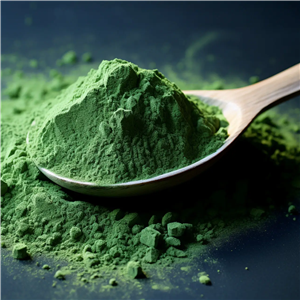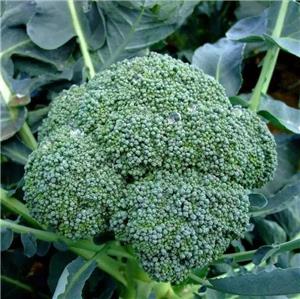-
0309-2021
World failing to address dementia challenge
Only a quarter of countries worldwide have a national policy, strategy or plan for supporting people with dementia and their families, according to the WHO’s ‘Global status report on the public health response to dementia’, released today. Half of these countries are in WHO’s European Region, with the remainder split between the other Regions. Yet even in Europe, many plans are expiring or have already expired, indicating a need for renewed commitment from governments.
-
0209-2021
WHO releases new compendium of innovative health technologies for COVID-19 and other priority diseases
The COVID-19 pandemic has highlighted the need for innovative health technologies that can help countries improve health outcomes by providing shortcuts to solutions despite lack of infrastructure and resources. However, many of the new technologies that have come to market are unaffordable or unsuitable for low- and middle-income countries.
-
2508-2021
More than 700 million people with untreated hypertension
The number of adults aged 30–79 years with hypertension has increased from 650 million to 1.28 billion in the last thirty years, according to the first comprehensive global analysis of trends in hypertension prevalence, detection, treatment and control, led by Imperial College London and WHO, and published today in The Lancet. Nearly half these people did not know they had hypertensio
-
1108-2021
How ALA work and it's Clinical Summary
Alpha-lipoic acid is an antioxidant. Although there is some evidence it may help treat conditions related to diabetes, confirming studies are needed. Alpha lipoic acid (ALA) is an endogenous cofactor found in cells that can also be obtained in the diet. It is sometimes referred to as a “universal antioxidant” because it is both water- and fat-soluble and can neutralize reactive oxygen species (26). It is marketed as a dietary supplement for this reason, and is also used as adjuvant therapy for neuropathy and to improve glycemic control. Preclinical studies show that ALA plays a crucial role in energy production, and exerts antioxidant and apoptotic effects.
-
2203-2021
Mercury and health
Mercury is a naturally occurring element that is found in air, water and soil. Exposure to mercury – even small amounts – may cause serious health problems, and is a threat to the development of the child in utero and early in life. Mercury may have toxic effects on the nervous, digestive and immune systems, and on lungs, kidneys, skin and eyes. Mercury is considered by WHO as one of the top ten chemicals or groups of chemicals of major public health concern. People are mainly exposed to methylmercury, an organic compound, when they eat fish and shellfish that contain the compound. Methylmercury is very different to ethylmercury. Ethylmercury is used as a preservative in some vaccines and does not pose a health risk.




